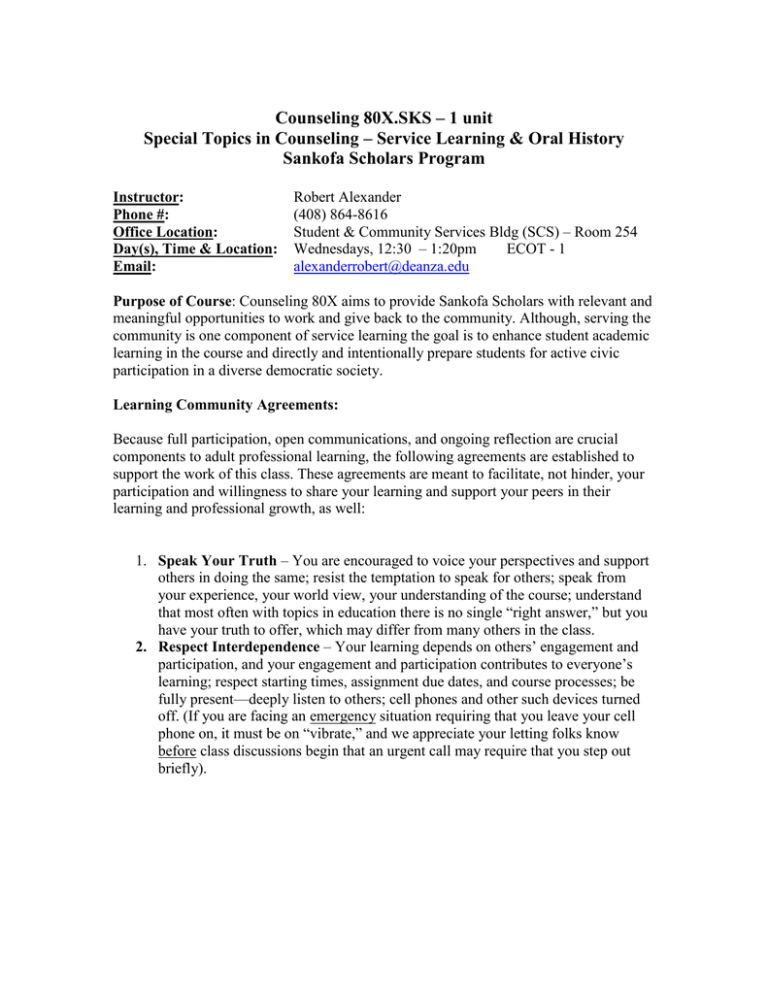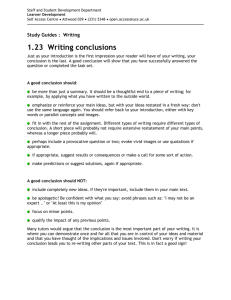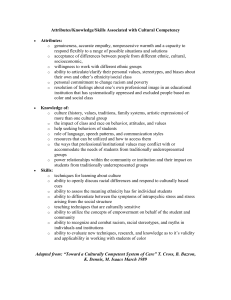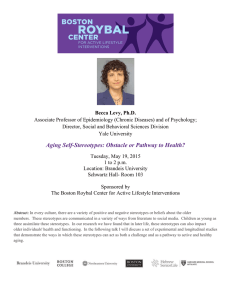COUN 80X:
advertisement

Counseling 80X.SKS – 1 unit Special Topics in Counseling – Service Learning & Oral History Sankofa Scholars Program Instructor: Phone #: Office Location: Day(s), Time & Location: Email: Robert Alexander (408) 864-8616 Student & Community Services Bldg (SCS) – Room 254 Wednesdays, 12:30 – 1:20pm ECOT - 1 alexanderrobert@deanza.edu Purpose of Course: Counseling 80X aims to provide Sankofa Scholars with relevant and meaningful opportunities to work and give back to the community. Although, serving the community is one component of service learning the goal is to enhance student academic learning in the course and directly and intentionally prepare students for active civic participation in a diverse democratic society. Learning Community Agreements: Because full participation, open communications, and ongoing reflection are crucial components to adult professional learning, the following agreements are established to support the work of this class. These agreements are meant to facilitate, not hinder, your participation and willingness to share your learning and support your peers in their learning and professional growth, as well: 1. Speak Your Truth – You are encouraged to voice your perspectives and support others in doing the same; resist the temptation to speak for others; speak from your experience, your world view, your understanding of the course; understand that most often with topics in education there is no single “right answer,” but you have your truth to offer, which may differ from many others in the class. 2. Respect Interdependence – Your learning depends on others’ engagement and participation, and your engagement and participation contributes to everyone’s learning; respect starting times, assignment due dates, and course processes; be fully present—deeply listen to others; cell phones and other such devices turned off. (If you are facing an emergency situation requiring that you leave your cell phone on, it must be on “vibrate,” and we appreciate your letting folks know before class discussions begin that an urgent call may require that you step out briefly). 1) Community Action: So say the community I want to focus on is American Society and the issue is racism (I could also be more specific and focus on issues of racism in the black community, or Latino Community, or Asian community, etc.). I do a lot of research on the topic of “racism in America” and get some great information. In the end, I choose to argue (the research paper is an argument essay based on a problem/solution structure) that “one of the largest factors of racism is ignorance of other cultures and engrained stereotypes.” Based on this idea, I can devise possible solutions, and I chose to do an action that attempts to change our ignorance of other cultures and our engrained stereotypes by challenging the common stereotypes of people of different races. There are a million different things that I could do to challenge the common stereotypes of people of different races, but I choose to write and illustrate a short children’s story that educate and challenge the common stereotypes by presenting positive images, ideas and stories of children and families from different racial and ethnic backgrounds. Final Assignment: This final has three basic parts: A community action or service (Part I), a research paper which is essentially an argument essay based on a problem/solution structure (Part II), and a public presentation of all of this (community, action, research). The idea is that instead of just sitting around writing about doing things, you actually physically go out and "do" something. You might want to think of this like a research paper that includes a "service learning project," or a "service learning project" that includes a research paper. Either way, the point is that you actually have to do something in addition to the research paper (and then finally present what you did in a class presentation). First, you need to think of a community that you connect to and a need/issue that exists in that community. You then need to think of a solution and something you can do to enable that solution (you do not have to do the entire solution, but you need to at least do an action that works towards the solution). Your physical research paper will be a “problem-solution” essay, in which you explore the problem you are addressing, the solution you are proposing and then the work you actually did (your physical “action”) to help bring about that solution. So, after you have your community, your proposed solution and what you will actually do to bring about that solution, then you need to do the research. You will research the community, the problem and possible solutions and how to get involved (your action). June 20th, each Sankofa Scholar will give a 4 – 5 minute PowerPoint or Prezi presentation on their service learning experience. Your class presentation should be a VISUAL presentation that tells the class about the community you chose, the problem that exists and what you did to address the problem and help bring about the solution. Understand that this presentation should be a visual documentation of your action, not just a presentation of your information. The presentation is SHOWING us what you did. Let’s say you hold a food drive for a homeless shelter. Instead of simply making a PowerPoint that gives info about the homeless situation (boring), you should present pictures or a video or something of the actual food drive or of you dropping the food or the shelter or a videoed interview at the shelter or something. This is visual documentation of your action, not just a PowerPoint presentation of the same info that you put in your essay. This part is really less about the research and more about “seeing” you in action. Evaluation (1). Attend class regularly and active participation. (25%) (2). 2 Critical Reflection Paper. (35%) (3). Service learning and presentation. (40%)


